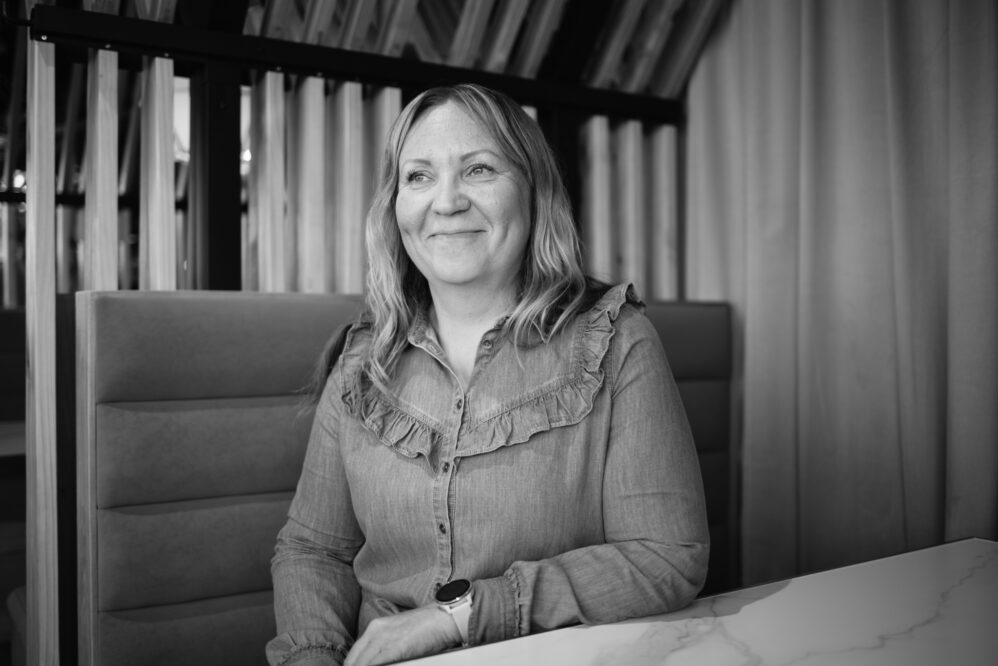Gramex’s Sustainability: What is Sustainability in the Data Economy?

Gramex’s mission is to ensure that artists, musicians, and producers receive the compensation they deserve whenever their recordings are played on the radio, in media, or as background music in Finland or abroad.
This requires comprehensive information systems as well as the collection and management of data.
“We continuously develop Gramex’s information systems and international data exchange to make the compensation process as smooth as possible globally,” says Gramex’s Data and System Manager, Katja Pönkkä.
Optimising the amount of data
The amount of data has grown exponentially, with more than 100,000 new songs being released every day. As a responsible player in the industry, Gramex sets strict quality criteria for the data it collects and manages.
“We don’t necessarily need the data for every song released worldwide. We focus on the data that is essential for Gramex’s operations.”
Gramex collects only the data necessary for compensation payments and accepts only data that meets quality criteria in international data exchanges.
“We also save resources by focusing on the amount of data we collect,” explains Pönkkä.
Identifying Rights Holders Using Data
Radio stations send Gramex monthly reports about the recordings they’ve used. “We need to identify which song was played on the radio and who the payment should go to,” says Pönkkä.
In an ideal situation, reports are precise, and the played songs are automatically found in Gramex’s information system. However, sometimes the recording needs to be searched from external sources like international databases.
The challenge lies in the growing number of international data sources and the evolving formats used for settlements.
At times, a recording may not be recognized for various reasons, such as missing or incomplete reporting. In such cases, compensation cannot be paid.
Gramex actively searches for the rights holder in these situations for up to three years. They regularly publish a list of unrecognized play events and, if necessary, contact potential rights holders directly.
Transparency and Data security
Data security and transparency are fundamental to Gramex’s operations. Only those employees who need access to customer data for their work are allowed to access it. Gramex also complies with the General Data Protection Regulation (GDPR).
The handling of customer data is made transparent by providing detailed reports on compensation. “We tell the customer where the money came from and how the settlement was made, including deductions.”
Customers can review their data regarding compensation and recording reports in the MyGramex portal and submit their own recordings.
“We aim to make MyGramex more user-friendly based on customer feedback, so it can be as beneficial as possible for our clients,” Pönkkä concludes.
“We treat our customers equally and ensure that every inquiry is answered,” she sums up.
Read also:


Gramex’s Sustainability: How to Build a Thriving and Learning Workplace?


Gramex’s Sustainability: Towards Climate and Resource Smart Operations





